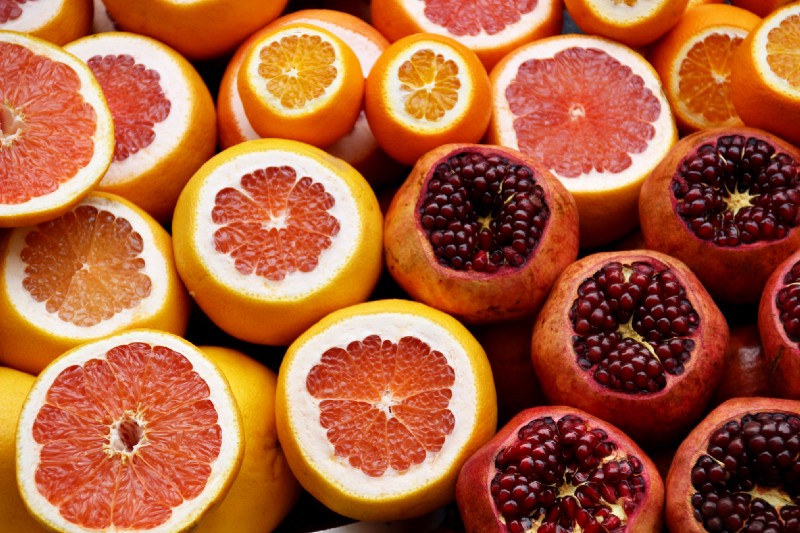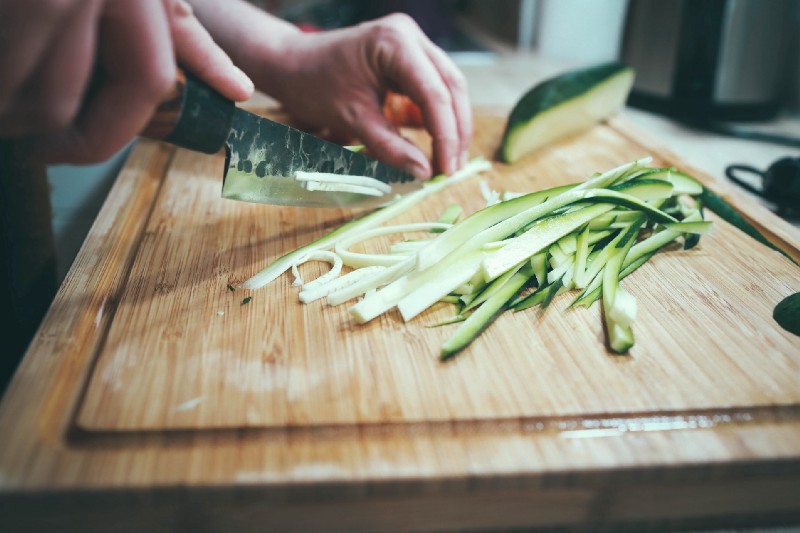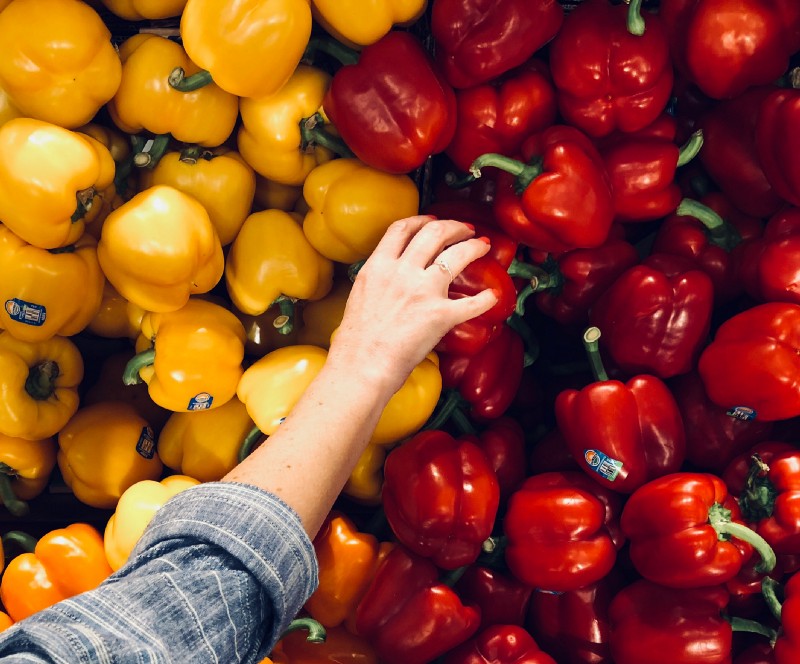
You know antioxidants are good for you, but do you know exactly what they are and how they work? We connected with nutritionist Aimee Hockett to brush up on these powerhouse substances.
Splendid Spoon: What are antioxidants?
Aimee Hockett: In short, antioxidants protect our cells and DNA from damage.
They do this by targeting the waste created when our cells turn food into energy. Over time, waste buildup makes it harder for our bodies to fight infection caused by damaging chemical reactions involving the excess waste.
SS: What are free radicals?
AH: Free radicals form when food is exposed to oxygen for a long time, when food is converted into fuel, when waste is not eliminated efficiently, or when waste starts to attack cells. Different types of free radicals attack different parts of the cell.
For example, when apple slices are left out on the counter, the polyphenol particles in the apple will oxidize and the apple turns brown. It isn’t dangerous to eat an oxidized apple every now and then, but leaving fruits and vegetables out in open air for more than four hours encourages bacterial growth that can amplify inflammation in the body.
Reactive Oxygen Species free radicals can be especially problematic. They occur when some of the body’s waste has a negatively charged ion. The negative charge will balance itself out by stealing a positively charged ion from a cell, oxidizing the target cell. Over time, this kind of stress on the body can create tumors or infection.

SS: What do antioxidants do for us?
AH: Antioxidants right the wrongs of free radicals and waste. They are the crime unit of nutrients!
Antioxidants clear plaque from the arteries, halt inflammatory reactions, transfer their own particles to damaged cells, and even “arrest” free radicals by devouring them.
SS: How do we receive antioxidants?
AH: Our bodies do create certain antioxidants on their own, but it’s wise to enjoy antioxidant-rich foods to bolster our supply. Load your diet with foods that have vibrant, naturally-occurring color and flavor. You’ll be better equipped to fight free radicals caused by environmental pollutants and synthetic ingredients.
SS: What are the best food sources of antioxidants?
AH: Strive to include a rich palette of colors with every meal of the day. Foods with deep red, orange, green, and purple hues are antioxidant powerhouses. Fresh or freeze dried herbs and spices like parsley, garlic, onion, turmeric, and rosemary are also potent. Of course, opt for organic and locally-grown foods whenever you can for maximum nutrition.

SS: What are the key antioxidants we should seek out?
AH: Many antioxidants are actually familiar nutrients like:
- Selenium in Brazil nuts and whole grains
- Vitamin A in kale, carrots, sweet potatoes, and spinach
- Vitamin C in potatoes, citrus fruit, broccoli, and bell peppers
- Vitamin E in nuts, whole grains, vegetables oils, and leafy green vegetables
Other crucial antioxidants include:
- Alliaceous oils in garlic, parsley, onion, and cayenne
- Anthocyans in melon, stone fruits, and berries
- Capsaicin in hot peppers
- Carotenoids in carrots, sweet potatoes, and mangoes
- Curcumin in turmeric
- Flavanoids in tea, apples, and legumes
- Isoflavanoids in soybeans and soy products
SS: What do we risk by not having enough antioxidants?
AH: If we’re lacking antioxidants, waste can take over and cause infection, inhibiting the production and expression of our own immune system, genes, and enzymes.
When this happens, we risk heavy metal toxicity, frequent illness, heart disease, chronic pain, difficulty dealing with stress/emotions, depression, cancer, IBS, birth defects in children, mental health issues, unhealthy hair/skin/nails, thyroid disease, reduced digestive activity, toxic exposure to medications processed in the liver, fatigue and more.
SS: How do we know we’re getting enough antioxidants?
AH: Simply put, we know we’re getting enough antioxidants if we feel better. A good indicator is a reduction in pain and inflammation. We can also look to the outside of our bodies for clues of success.
Our brain is the master of all our body’s systems. If we are lacking nutrients, our brain will be forced to prioritize our internal organs before it works on external features like hair, skin, and nails. When we consume enough antioxidants, our brain can make decisions from a place of abundance and support our body’s other systems. Our physical appearances will show the impact of an antioxidant-rich diet.
Make sure to check out Aimee’s blog, The AK Kitchen, and take a peek into what she’s eating and her life as a nutritionist on her Instagram, @theakkitchen!
